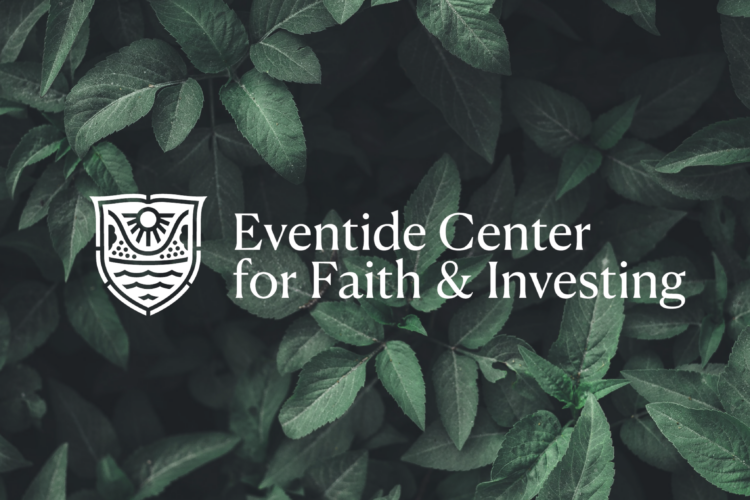How do you decide if a stock will be a good investment? Investors’ answers to this question usually fall into one of three categories:
- Indexing – No one can answer this question
- Quantitative Data Crunching – Looking at objective metrics and tangible assets
- Fundamental Qualitative Investing – Looking at both objective metrics AND intangible qualities
Director of Education Shaun Morgan walks us through how Eventide seeks to identify early indicators of a company’s long-term success.
Hear the full episode on Apple, Spotify, YouTube, or Google.
Transcript:
Whether you’re an individual investor looking to invest in the stock market or you are a financial professional performing due diligence on an investment manager, you’ll ask this question, how do you decide if a stock will be a good investment? This is the most basic question of investing, and generally, at risk of oversimplification, I’ve found that investors’ answers to this question fall into one of three categories.
The first category believes that no one can answer this question; that trying to pick which individual stocks will perform better than others is impossible. This answer leads investors to simply buy the entire market or entire portions of the market through low-cost index funds.
The second category believes that there is some predictability if you look at the objective metrics and the tangible assets of a stock, like comparing the stock price to its earnings. Well, come to find out this objective data can be examined and organized by computers. So human stock analysts that only use spreadsheets of this tangible data often come to the same conclusions and invest in the same stocks as computers. But since human research costs more to do, the humans, after they take their fees, could underperform the computers. So in modern-day investing where there are hundreds of thousands of investors all looking at the same data, how does an investor have an advantage over another? After all, if you want to invest in a stock at a good price, you have to see something in the stock right now that other investors won’t realize until later.
In 2020, an advisory group named Ocean Tomo measured how much value in the S&P 500 was found in companies’ intangible assets, the assets of business that you can’t physically touch, like intellectual property and patents, and more qualitative aspects like brand value Goodwill and quality leadership. The study found that over four and a half decades, the majority of the value in the S&P 500 had shifted from tangible assets to intangible assets. In fact, in 1975, intangible assets only accounted for 17 percent of the S&P 500’s market value. In 2020, that number was 90 percent.
At Eventide, we believe our most distinct advantage comes from marrying together the financial data of a company that everyone has access to with the intangible qualities of a company that we believe lead to its long-term success. We believe the financial outputs of a company tend to be the lagging results of intangible inputs like sustainable competitive advantages, great management teams, and attractive industries. Now, notably, Eventide also believes that a company’s relationship with its stakeholders—like its customers, its employees, and its suppliers—is another important input that will determine the company’s long-term success. When a company has the respect and loyalty of its stakeholders, it perpetuates this mutually beneficial relationship cycle, and we believe this is an underappreciated source of a company’s long-term performance.

















